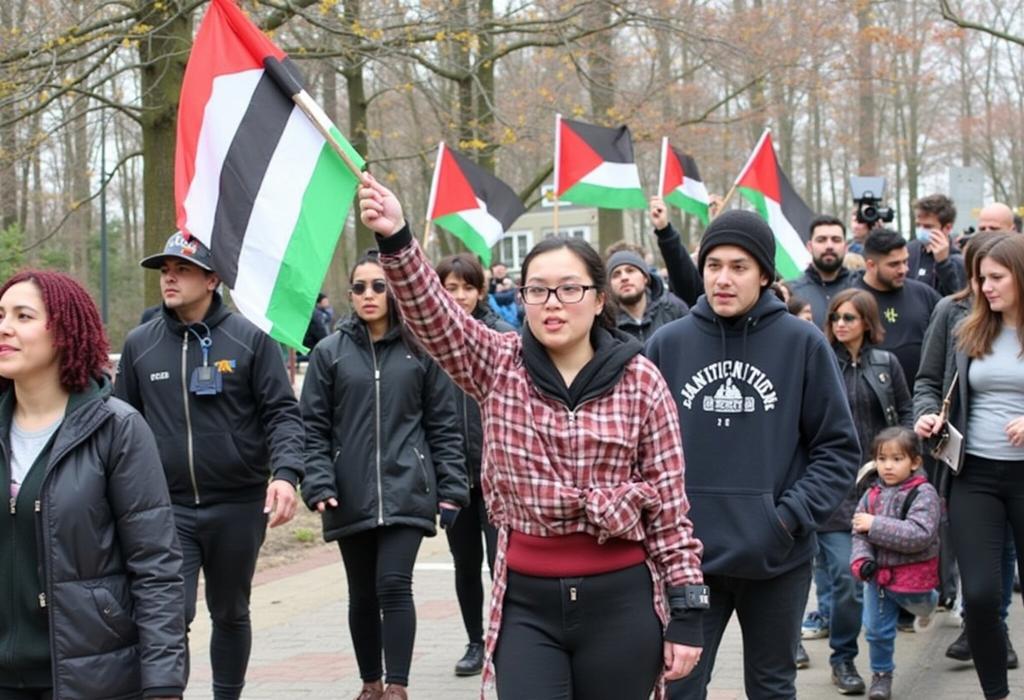The recent developments regarding the protests at Dartmouth College and the University of New Hampshire highlight the ongoing discourse surrounding free speech, civil rights, and the global conflict regarding Palestine. Initially ignited by the May 1, 2024 protests in response to the Gaza war, a significant number of individuals were arrested — 89 at Dartmouth and roughly a dozen at UNH. However, after a year, most charges against the protesters have been dropped, raising questions about the legitimacy of the police's response during the events. New evidence presented by the Concord Monitor critiques the narrative pushed by law enforcement, indicating that the protests were largely peaceful, and the organizers aimed to support Palestinian solidarity rather than disrupt campus peace.
Key figures, such as Julianne Borger and Christian Harris, expressed relief over the dropped charges but also voiced their discontent regarding the heavy-handed police presence and the perceived harassment from the authorities. The protesters coordinated peaceful efforts, such as tent setups to symbolize their cause, but faced stark contrasts between the current administrative approach compared to previous years when law enforcement was quick to dismantle demonstrations. One of the notable changes included increased chapters of dialogue with the administration around policies impacting immigration and student rights, suggesting a shift towards more student-inclusive governance.
The latest protests on May 1, 2025, which also coincided with the one-year anniversary of the previous marches, emphasized the progress that activists have made in rights negotiations with the College, including the expansion of the immigration legal fund for international students and revised policies regarding police access to campus by Immigration and Customs Enforcement (ICE) agents. The conversation surrounding proposed divestment from specific corporations involved in military support reflects a broader dialog about the ethical responsibilities of educational institutions in complex geopolitical issues. Despite these advancements, frustrations linger among activists regarding bureaucracy and the effectiveness of the administration's engagement with their proposals.
In summary, these protests not only reflect the engagement of student bodies in pressing global issues but also unveil the tensions between student activists and institutional powers, with significant implications for academic freedom, civil rights, and ethical governance.
AD
AD
AD
AD
Bias Analysis
Bias Score:
40/100
Neutral
Biased
This news has been analyzed from 25 different sources.
Bias Assessment: The presented articles largely maintain a neutral tone, focusing on factual recounting of events and reporting statements from both the activists and the college administration. However, the emphasis on student activism may lend a slight bias towards viewing the protests in a favorable light, while the portrayal of police actions may evoke criticism without equally comprehensive reporting on law enforcement perspectives. Overall, the bias score reflects a moderate level of editorial bias stemming from the choice of language and the featured perspectives, particularly favoring the student demonstrators.
Key Questions About This Article




